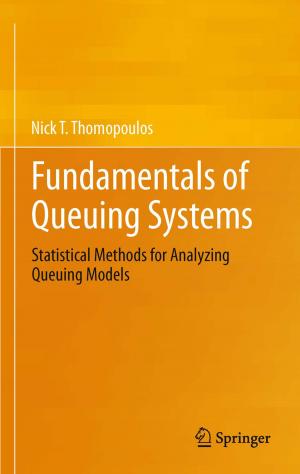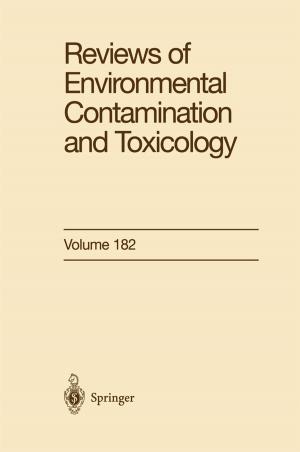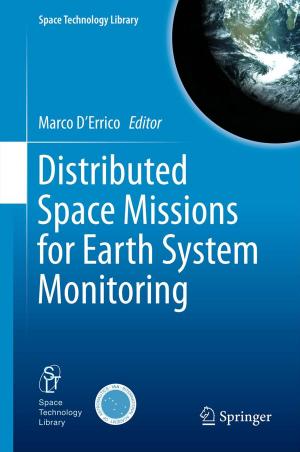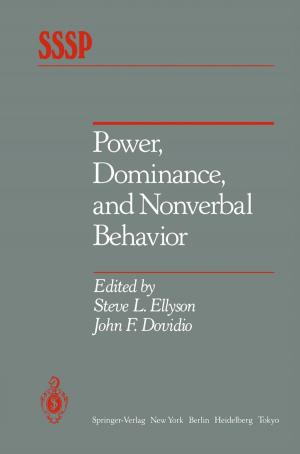Developing and Maintaining Police-Researcher Partnerships to Facilitate Research Use
A Comparative Analysis
Nonfiction, Social & Cultural Studies, Social Science, Crimes & Criminals, Criminology, Sociology| Author: | Jeff Rojek, Peter Martin, Geoffrey P. Alpert | ISBN: | 9781493920563 |
| Publisher: | Springer New York | Publication: | September 15, 2014 |
| Imprint: | Springer | Language: | English |
| Author: | Jeff Rojek, Peter Martin, Geoffrey P. Alpert |
| ISBN: | 9781493920563 |
| Publisher: | Springer New York |
| Publication: | September 15, 2014 |
| Imprint: | Springer |
| Language: | English |
This Brief discusses methods to develop and maintain police – researcher partnerships. First, the authors provide information that will be useful to police managers and researchers who are interested in creating and maintaining partnerships to conduct research, work together to improve policing and help others understand the linkages between the two groups. Then, more specifically, they describe how police managers consider and utilize research in policing and criminal justice and its findings from a management perspective in both the United States and Australia. While both countries experience similar issues of trust, acceptance, utility, and accountability between researchers and practitioners, the experiences in the countries differ. In the United States with 17,000 agencies, the use of research findings by police agencies requires understanding, diffusion and acceptance. In Australia with a small number of larger agencies, the problems of research-practitioner partnerships have different translational issues, including acceptance and application. As long as police practitioners and academic researchers hold distinct and different impressions of each other, the likelihood of positive, cooperative, and sustainable agreements between them will suffer.
This Brief discusses methods to develop and maintain police – researcher partnerships. First, the authors provide information that will be useful to police managers and researchers who are interested in creating and maintaining partnerships to conduct research, work together to improve policing and help others understand the linkages between the two groups. Then, more specifically, they describe how police managers consider and utilize research in policing and criminal justice and its findings from a management perspective in both the United States and Australia. While both countries experience similar issues of trust, acceptance, utility, and accountability between researchers and practitioners, the experiences in the countries differ. In the United States with 17,000 agencies, the use of research findings by police agencies requires understanding, diffusion and acceptance. In Australia with a small number of larger agencies, the problems of research-practitioner partnerships have different translational issues, including acceptance and application. As long as police practitioners and academic researchers hold distinct and different impressions of each other, the likelihood of positive, cooperative, and sustainable agreements between them will suffer.















